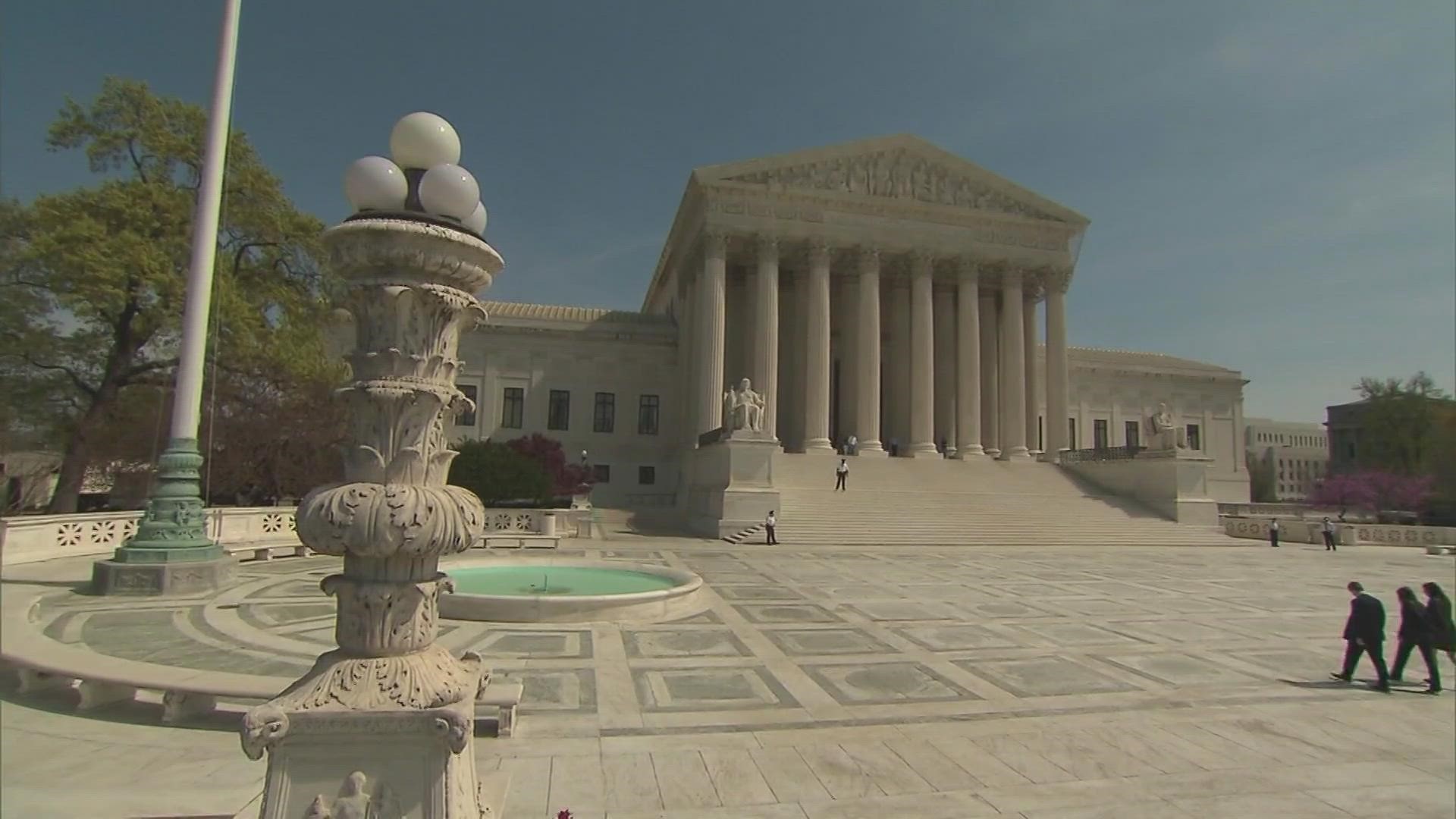ST. LOUIS — On Tuesday, the country’s top court considered arguments from both sides of the student loan forgiveness issue.
Missouri is at the center of this legal battle; the state actually brought the lawsuit questioning the legality of President Joe Biden’s executive order to forgive student loans.
UMSL Professor of Economic History Max Gillman said whichever way the Supreme Court decision goes millions of people are going to be affected even if they don’t have student loan debt.
More than 40 million people in the United States are dealing with the weight of student loans.
Roughly 26 million people applied for loan forgiveness and 16 million were approved for up to $20,000 to be wiped away per person.
Ray Reed, who is a Washington University student and political organizer, said if student loan debt isn’t forgiven millions of people will be trapped in a debt cycle.
“In the big financial crisis, it was the middle class who bailed out Wall Street," he said.
"Now it's time for America to bail out the middle class and forgive federal student loans. Loans have been paused for almost three years now and now we're in March. We need to eradicate student debt once and for all,” Reed said.
The price tag for student loan forgiveness right now is about $400 billion, something Gillman said if forgiven could mean higher taxes for everyone or the inflation rate goes up, all because of a larger government budget deficit.
“It will hurt the general population if taxes go up -- including the inflation rate -- because that causes all sorts of distortions in wages and in energy prices. There are studies that show printing money causes inflation, which causes oil prices to rise because they build in the expected future inflation rate,” Gillman said.
The Supreme Court has the task of assessing the legality of the executive order.
The Biden administration argues this was done at a time of crisis under the HEROES Act.
“In essence, the U.S. administration is skirting the congressional budget process and not having the student loan forgiveness approved as stipulated that it has to be done under the 1990 Federal Credit Reform Act. That's the problem,” Gillman said.
Gillman said while it would truly help millions of people, he's worried it could set a difficult precedent for future students.
“This could create the moral hazard of students taking out loans, they will take on too much with the idea they’ll just be forgiven. But there may never be another loan forgiveness program,” Gillman said.
We can likely expect a decision from SCOTUS sometime in June but for now, student loan payments are still on hold.

